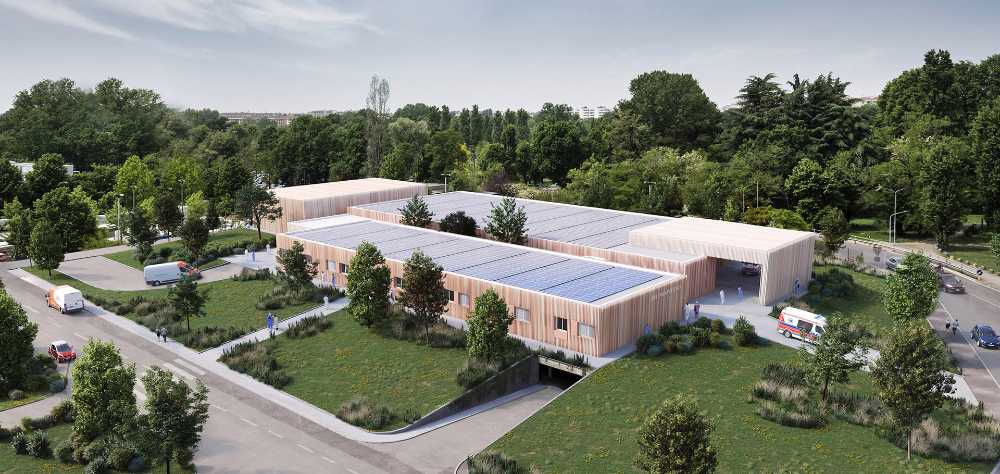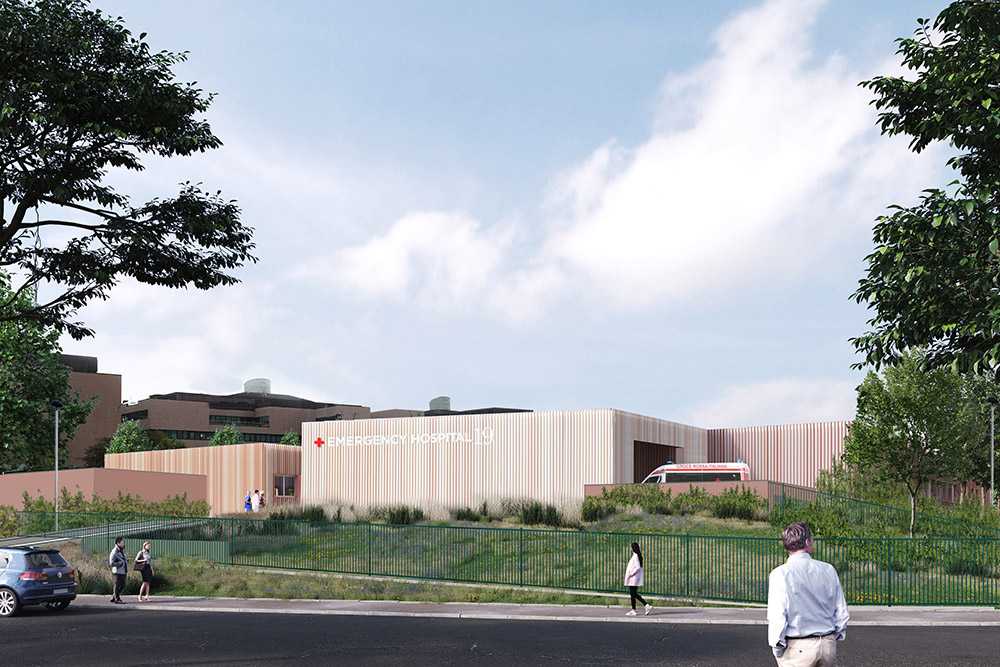The proposed concept is nothing more than a new model designed to manage health emergencies, guaranteeing spaces of quality, safety and efficiency. A versatile and adaptable architecture that is modular, adaptable and can be integrated into the context in which it is located.


Emergency Hospital 19. A sustainable and autonomous hospital designed for the future of healthcare
Architect Filippo Taidelli develops the concept of a modular, flexible and autonomous hospital developed in a collaboration between Humanitas and Technit, with the desire to support hospital activities in emergency situations involving infectious diseases.

Emergency Hospital 19 develops themes that have been very important to Humanitas in recent years: the humanization of spaces. This project is based on the need to put man at the centre in order to re-appropriate the healing process. The emotional, intellectual and sensory aspects are enhanced by the architectural dimensions of the various environments, which if well designed can positively influence healing.

The large windows in the inpatient and intensive care units will allow the patients to benefit from natural light, without being exposed to the risk of overheating or exposure to glare and the visual connection with greenery and nature. The walls, on the other hand will be multicoloured to overcome the monotony and continuity of the rooms.

One of the most interesting aspects of the project is the façade cladding. The hospital has a second modular layer of skin, capable of adapting like a "suit" to the architecture, which can be adapted to the climatic conditions in which it is located.
















